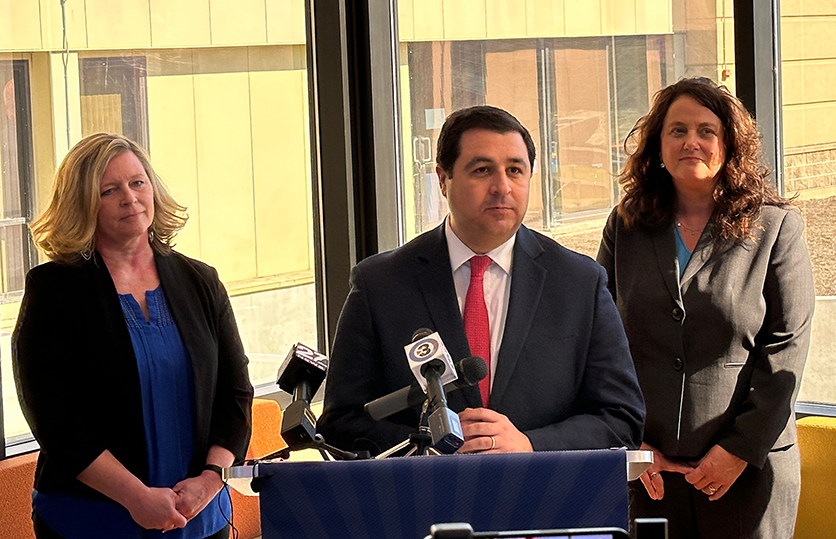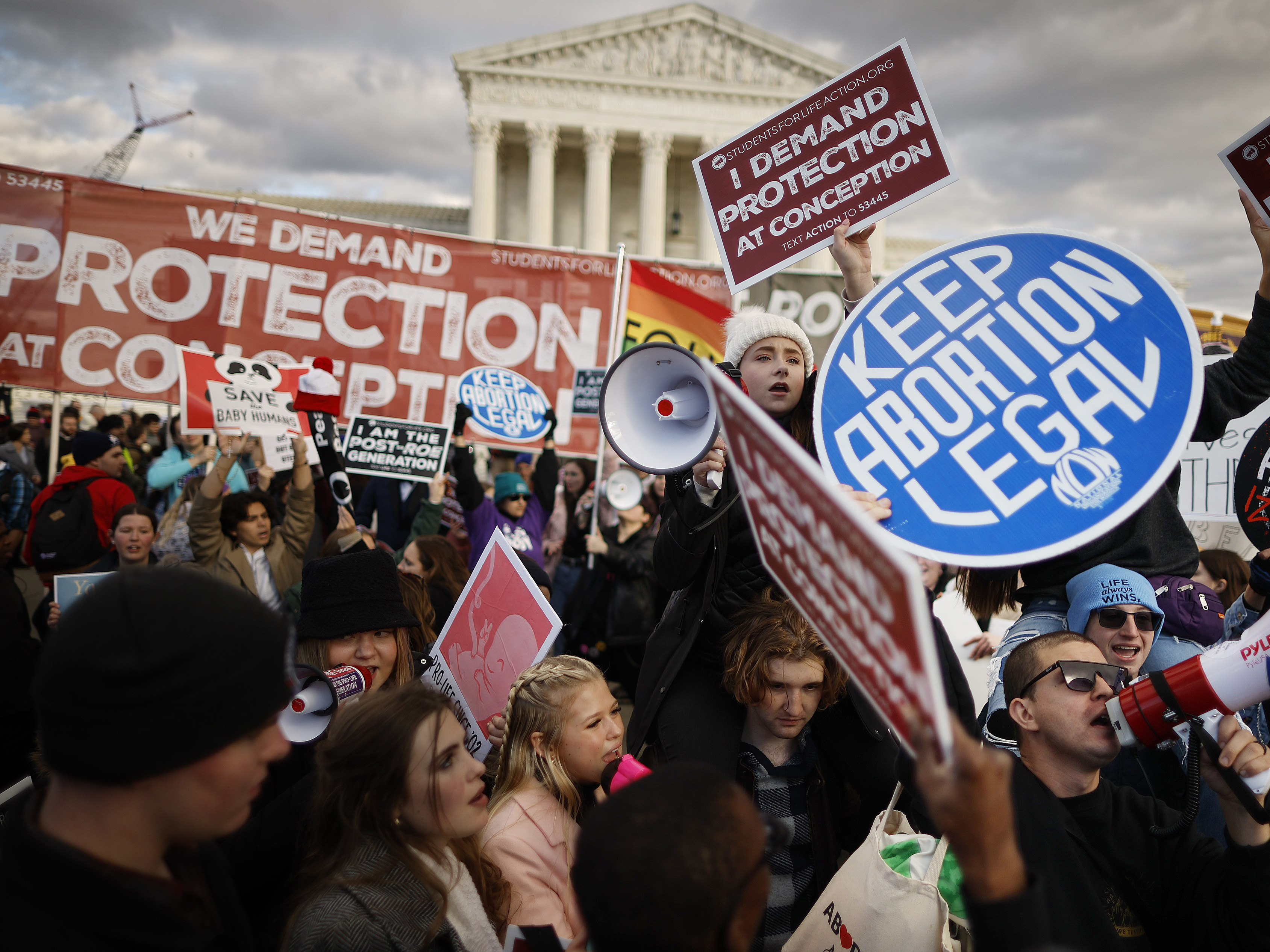Supporters of reproductive rights are celebrating a pivotal victory in Wisconsin as the state Supreme Court ruled, with its liberal majority, that the 176-year-old law does not ban abortion. This decision marks a significant shift in a state that found itself ensnared in a legal quagmire following the Supreme Court"s overturning of Roe v. Wade in 2022, which stripped away federal protections for abortion.
Wisconsin"s Long Battle for Reproductive Rights
Since the Dobbs decision, Wisconsin has been a battleground for reproductive rights. The 1849 law, which some conservatives contended criminalized abortions, effectively froze abortion services in the state. Attorney General Josh Kaul stepped in, challenging the outdated statute and igniting a prolonged legal struggle. As reported by The New York Times, the trial court previously determined that the law was essentially a feticide statute, prohibiting harm to a woman"s child without her consent rather than an outright ban on abortion itself.
A Judicial Victory for Women
On July 2, 2025, the Wisconsin Supreme Court ruled that the law does not ban abortion, with the majority opinion emphasizing that subsequent legislation effectively repealed the 1849 statute. This ruling was delivered along ideological lines with a 4-3 liberal majority. The court"s majority articulated that a comprehensive legislative framework established over the past 50 years had taken precedence over the archaic law, highlighting the necessity of modernizing our legal approach to reflect contemporary values and rights.

State AG Holds Press Conference at Blackhawk To Promote ...
Implications for Future Legislation
While this ruling is a landmark victory, it also leaves unresolved constitutional questions regarding reproductive rights in Wisconsin. The dissenting opinion from conservative Justice Annette Ziegler underscored concerns about judicial overreach, arguing that the majority selectively interpreted statutes to reach its conclusion. This divergence sets the stage for ongoing debates about the role of the judiciary in shaping reproductive rights, as noted by Bryna Godar from the State Democracy Research Initiative at the University of Wisconsin Law School. She pointed out that the unresolved constitutional issues might lead to further litigation or even calls for a constitutional amendment.
The Political Landscape Ahead
Wisconsin’s political landscape is characterized by a divided government, with a Republican-controlled Legislature that is unlikely to initiate any pro-abortion legislation in the near term. The governor, a Democrat, won’t sign any further restrictions into law, but the landscape may shift dramatically after the 2026 midterm elections when numerous state legislative seats and the governor"s office will be contested. This creates a precarious situation where the rights established by this ruling could be at risk depending on the outcome of future elections.

How abortion rights could impact the 2024 presidential ...
Broader Implications for Reproductive Rights Across the U.S.
This ruling reflects a broader trend of judicial pushback against draconian abortion laws that have proliferated in the wake of the Dobbs decision. Progressive advocates see this as a beacon of hope, a signal that the fight for reproductive rights is far from over. According to research published in PubMed, restrictive state abortion laws have contributed to a healthcare crisis, creating a shortage of providers and burdening women seeking necessary medical care. As states like Wisconsin grapple with the implications of their legal frameworks, the national discourse around reproductive rights continues to evolve.

![[Video] Anti-ICE Protester Pepper Sprayed as CBP Agents Disperse Crowd in Minneapolis](/_next/image?url=%2Fapi%2Fimage%2Fthumbnails%2Fthumbnail-1768260677127-y71sb7-thumbnail.jpg&w=3840&q=75)

![[Video] Several injured as U-Haul truck drives through Iranian protestors in Los Angeles](/_next/image?url=%2Fapi%2Fimage%2Fthumbnails%2Fthumbnail-1768176682028-q95y6j-thumbnail.jpg&w=3840&q=75)
![[Video] Scuffle breaks out between Trump supporters and Anti-ICE protesters in Times Square](/_next/image?url=%2Fapi%2Fimage%2Fthumbnails%2Fthumbnail-1768165958203-hgcgb-thumbnail.jpg&w=3840&q=75)


![[Video] Gunfire between Iraqi security forces and Sadr militias in Baghdad](/_next/image?url=%2Fapi%2Fimage%2Fthumbnails%2Fthumbnail-1768343508874-4redb-thumbnail.jpg&w=3840&q=75)
